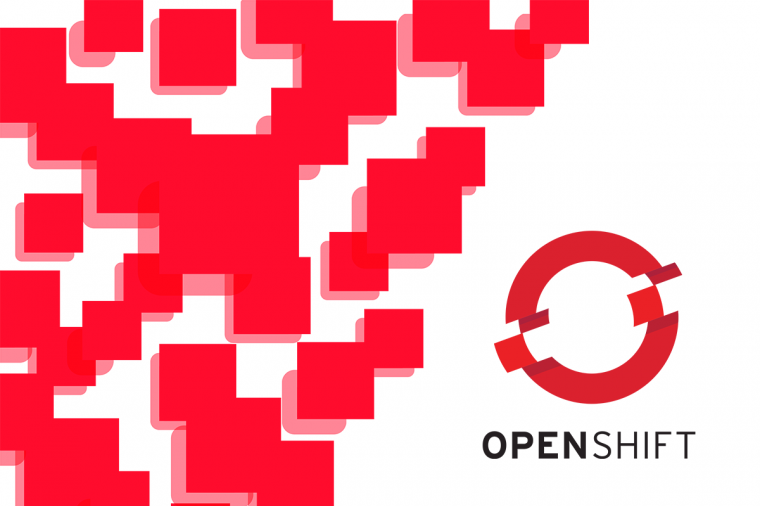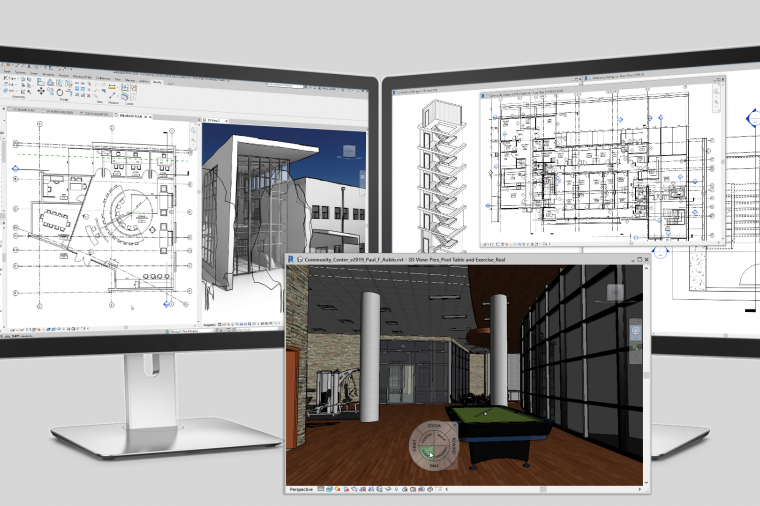You’ve probably heard a lot about how government agencies need to move on from legacy technology in order to become more agile and built for the future, but what about moving on from a legacy culture?
That’s a key challenge for agencies seeking to become more agile and streamlined, especially those that are used to doing things a certain way. This way has traditionally consisted of development and operations teams working in separate silos, each with their own roles and responsibilities.
This “never the twain shall meet” mindset is in direct contrast to the Department of Defense’s modernization initiative. Today’s DoD is looking for streamlined operations and open collaboration. It’s looking for DevOps.
A cultural movement
You’ve probably at least heard of DevOps, even if you’re not sure exactly what it is. Put simply, DevOps is a cultural movement that breaks down siloes by combining development and operations teams into a cohesive whole. It necessitates collaboration between two previously disparate units. It offers developers the ability to have a seat at the operations table, and operations managers to actively participate in application development. It fosters greater agility and the ability to develop and deploy IT initiatives faster than ever before and, as such, helps support the agile and iterative practices outlined in the U.S. Digital Services Playbook and technology initiatives like the Joint Information Environment.
While all of this sounds great, there are still some significant hurdles that federal agencies must clear if they’re to get on the DevOps train.
First, agencies must be willing to accept and embrace the changes that are necessary to make the move. Specifically, they must be willing to eschew decades of traditional work processes that no longer suit current demands. While that might make sense on an intellectual level, it may be hard for some to accept, particularly those who have been in the business for a very long time. Still, the ability and willingness to adapt is a very important starting point toward implementing DevOps.
And make no mistake – achieving success with DevOps requires a significant level of adaptability and commitment from everyone within your agency. It’s not enough to have a few forward-thinking developers and operations managers dabble in practicing DevOps principles. Their projects have to align with the overall operational approach of the agency, and vice-versa. As such, everyone from you to the CIO to those responsible for QA and testing need to get behind the DevOps mentality and be willing to forsake walled gardens and waterfall approaches in favor of collaboration and shared responsibilities.
This culture does not develop on its own, it must be embraced, nurtured, and maintained. You also need to be willing to modernize your technology along with your thinking, because while DevOps is not a technology solution in and of itself, technology certainly plays a role in enabling the culture shift. After all, what good is changing the culture if it doesn’t have the technology to back it?
As such, DevOps requires the support of highly adaptable and automated solutions that support your team’s goals of continuous innovation and delivery. Solutions integral to the support of DevOps include configuration management that enables automation, a code repository, monitoring and logging tools.
Monitoring tools give developers and ops managers the visibility into how the code performs and how the system is running and allows them to quickly and easily identify any faults or resource contention in the application stack. Automation tools allow for rapid releases and scaling tasks as well as auto-remediation of known issues. Lastly, logging tools provide the necessary play-by-play of what’s happening in the DevOps environment that is essential for troubleshooting.
If you and your agency are ready to move toward a DevOps culture, you can prepare yourself for some significant benefits, including cost effectiveness and increased efficiency and delivery speeds. DevOps allows your agency to embrace a cultural framework that adapts to disruptive technology. This positions you well for both the present and the future of IT, all while giving you the chance to play an important role in that future.
For more information, check out the DevOps panel from thwackCamp 2015.















































